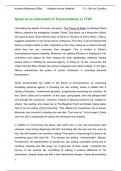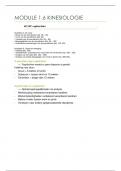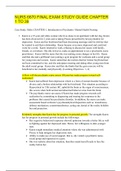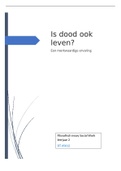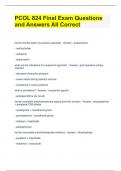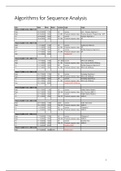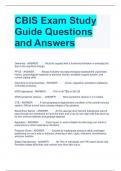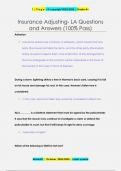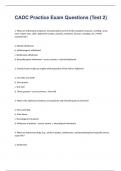Book review
Genie as an Instrument of Transcendence in TTOF
This document entails an in-depth analysis of Imogen 'Genie' Zula Nyoni, the protagonist in 'The Theory of Flight,' by Siphiwe Gloria Ndlovu. It focuses intimately on how she portrays the novel's most prominent theme of Transcendence. This analysis also includes specific quotations from the novel. ...
[Show more]
